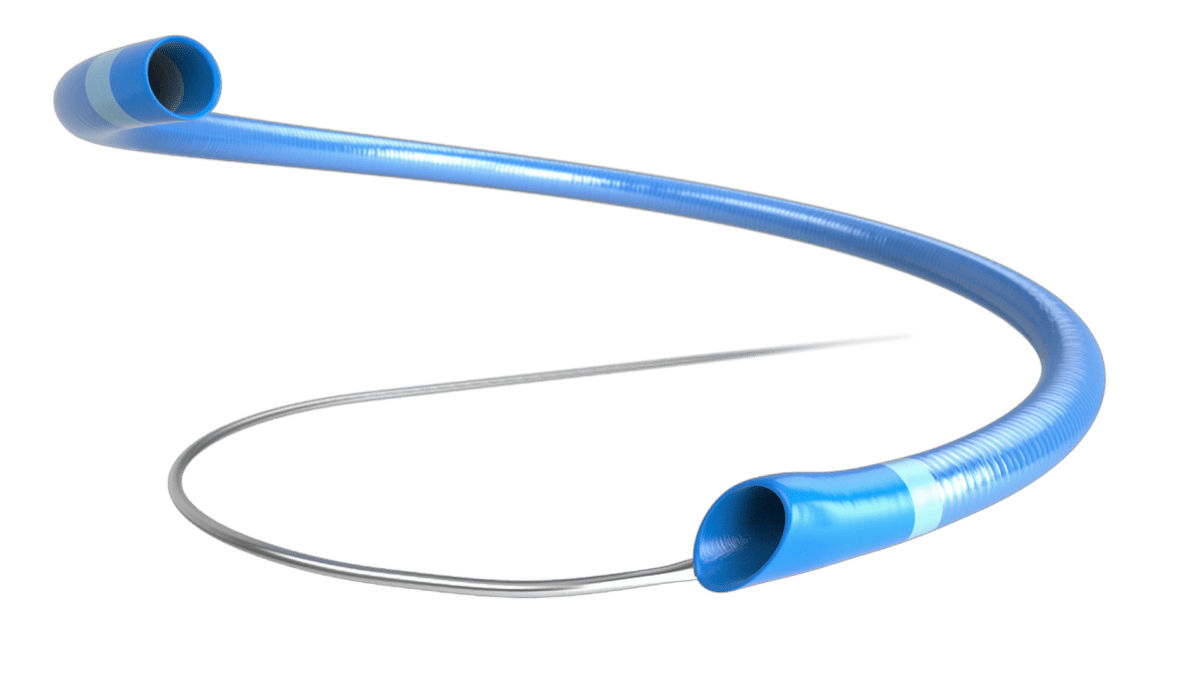MIVI Neuroscience, Inc., innovator of the next generation of neurointerventional medical devices, today announced the first patient enrollments in a multicenter clinical study to assess the safety and performance of the Q™ Aspiration Catheter used in a combined aspiration with stent-retriever technique for thrombus removal in patients who have suffered an acute ischemic stroke.
The AQUAS Registry is a prospective registry of 250 subjects conducted across up to 12 high-volume, comprehensive stroke centers in Europe. It is the largest study of a MIVI device to date. The study is expected to conclude within 12 months.
In the United States, approximately 50% of ischemic stroke interventions employ a combined technique; the other 50% use only an aspiration catheter. “In both cases, we want the physician to reach for the Q Aspiration Catheter because it offers the highest aspiration power available and a simpler setup,” said Bob Colloton, CEO of MIVI Neuroscience. “This registry is a massive undertaking, involving a large group of stroke experts, patients, and two important partners: study organizer Angionautix and Acandis®, manufacturer of the stent retriever that will be used with our catheter. We believe that the Q Aspiration Catheter is the physician’s best choice, and the AQUAS Registry will provide us with additional data on its safety and performance.”
Led by Dr. Sebastian Remollo Friedemann of Hospital Universitari Germans Trias I Pujol in Barcelona, the registry will assess the safety and performance of the Q Aspiration Catheter combined with the Acandis® Aperio® stent-retriever in treating ischemic stroke patients.
“The Q Aspiration Catheter is a powerful solution for stroke treatment,” said Dr. Remollo. “I’m looking forward to solid evidence from the study that adds to my personal experience with the product and advancing the approach to thrombus removal.”
The Q Aspiration Catheter is CE-marked in Europe and under Investigational Device Exemption in the United States.
MIVI Neuroscience, Inc. is focused on developing and commercializing superior clinical solutions for complex neurointerventional procedures. MIVI works closely with physicians to identify and solve their unmet needs in its relentless pursuit of saving lives and improving stroke outcomes for patients.
